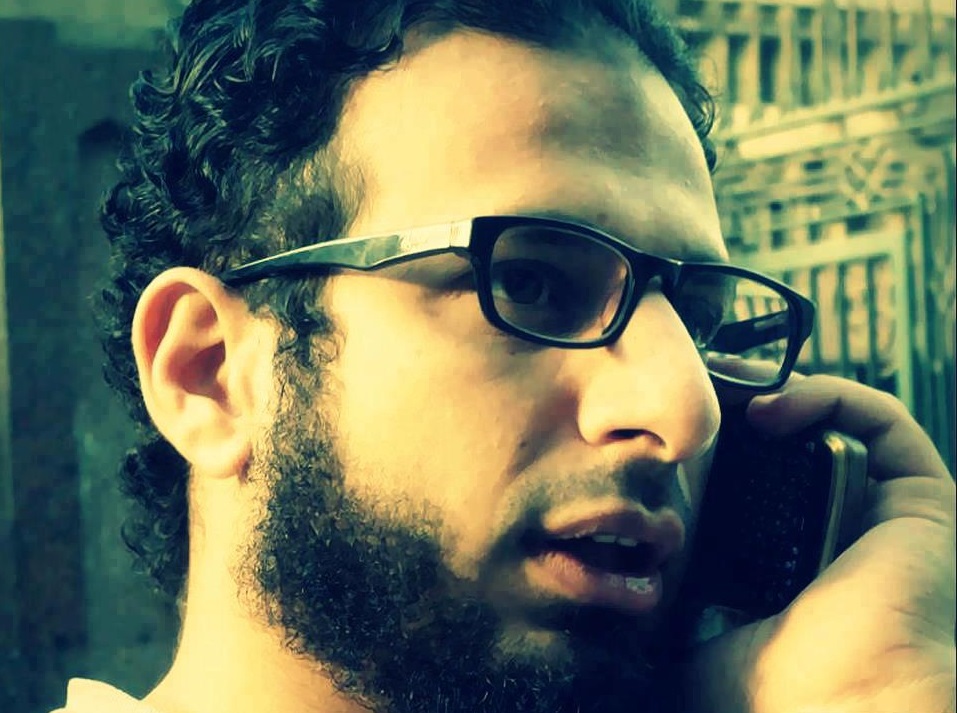The period during and after the three-week long Israeli war on Gaza has witnessed numerous calls by different parties to investigate allegations of Israeli war crimes. These include calls by Palestinian, Israeli and international human rights organizations.
One of the incidents that proved a turning point in international public opinion was the Israeli shelling of a United Nations school that was used as shelter for civilians whose homes had been damaged or destroyed during the Israeli offensive. The Geneva conventions and other protocols prohibit the destruction of properties and indiscriminate killing of civilians, two acts Israel has been accused of engaging in during the war.
Although international law expects the state whose forces are accused of war crimes to conduct its own inquiry, the UN Security Council and the General Assembly have the power to establish special international tribunals, such as those set up for the former Yugoslavia and Rwanda. The Palestinian Authority and other Palestinian human rights organizations would like to see the International Criminal Court in The Hague look into whether war crimes were committed in Gaza during the conflict.
However, the court s prosecutor can only instigate proceedings against a state that belongs to the court and Israel is not a formal member. The UN Security Council can refer cases against non-members to the court, but such a move would likely be blocked by the United States, Israel s strongest ally.
A state party to the court can ask for a referral – but there is no Palestinian state.
In order to avoid these constraints, the Palestinian Authority has lodged a declaration recognizing the authority of the court. At the same time, an Arab League delegation traveled to Gaza to document Israeli war crimes. The delegation is made up of international legal and forensic experts. They will present their findings to Arab League chief Amr Moussa. The Arab League and its 22 member states could then attempt to pursue war crime charges in individual countries that allow such lawsuits to be brought.
But the difficulties Palestinians face in having international legal bodies at least examine whether war crimes were committed by Israel is consistent with the frustration they face in ensuring the application of international law to the Palestinian-Israeli conflict in general. Palestinian public opinion, and for that matter the political elite, would have no problem if international procedures were enforced on both sides as long as the same standards were applied.
When Israel started building a wall inside occupied territory to consolidate Jewish settlements on land confiscated illegally from Palestinians who are still alive and carry deeds of ownership, Palestinians complained to the ICC.
The Court s verdict confirmed the illegality of the wall and the settlements, and yet Israel continued its violations in this regard. The ICC s advisory ruling also did not lead to pressure on Israel by any international body or state to desist from those practices.
Palestinians believe that Israel is treated – by the international community and as result of the influence of the United States – as a country above international law. The war on Gaza has not changed anything in this regard.
Israel continues to violate different aspects of international law and specific resolutions of the United Nations Security Council with impunity and without being held accountable.
This attitude, on behalf of Israel and the international community, and the inherent double standards evident on almost every occasion Israel has needed to be censured, also have a radicalizing effect on Palestinian public opinion. The application of international law and UNSC resolutions will strengthen the argument of the peace camp that legitimate objectives can be achieved by legitimate means.
One way of reversing negative trends in both Palestinian and Israeli public opinion is to hold military and political leaders on both sides equally accountable to applicable laws – whether the laws of war, international humanitarian law or UN resolutions.
Ghassan Khatib is coeditor of the bitterlemons family of internet publications. He is vice-president for community outreach at Birzeit University and a former Palestinian Authority minister of planning. He holds a PhD in Middle East politics from the University of Durham. This commentary is published by Daily News Egypt in collaboration with bitterlemons.org


